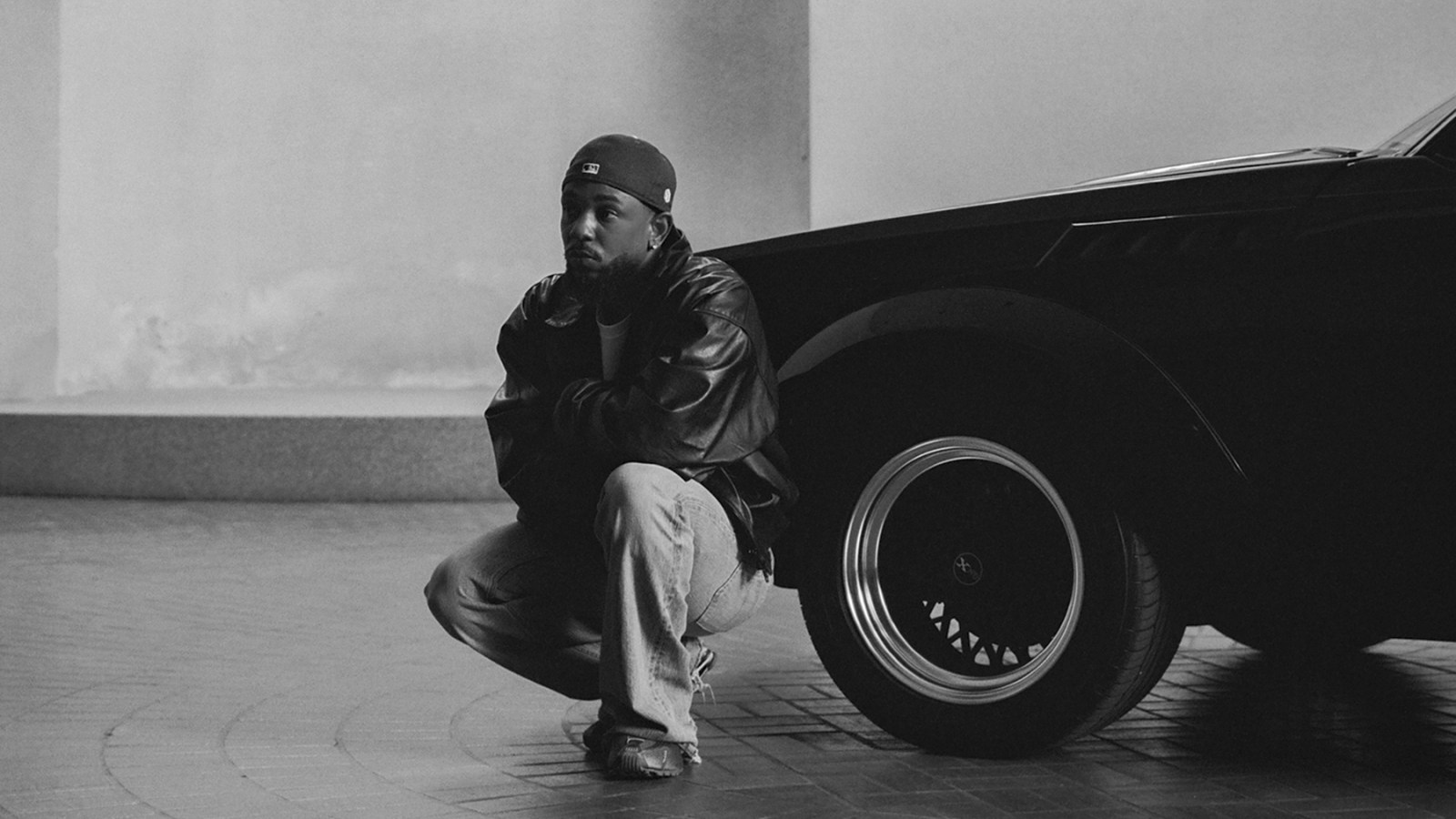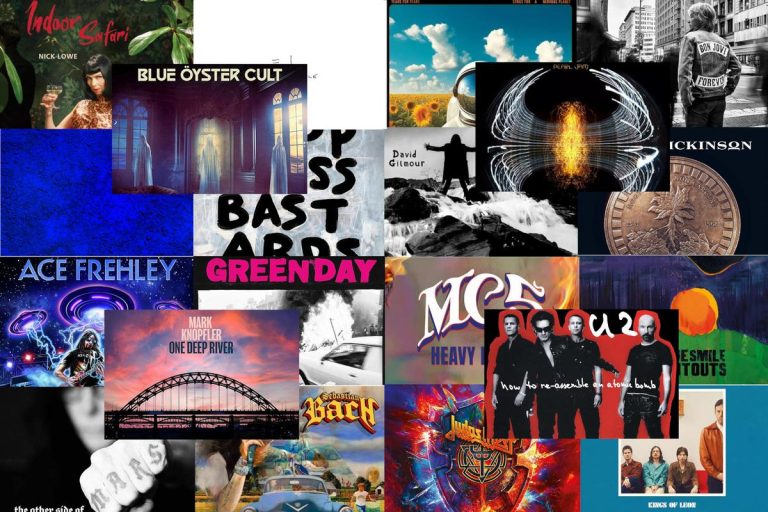In 2024, the world of rap has belonged to Kendrick Lamar. It’s not just that he scored two Number One singles, one alongside Future and Metro Boomin with “Like That,” and a second on his own, “Not Like Us” — and perhaps a third on the way before the year is over. Nor is it only that he was named as the halftime show performer at Super Bowl LIX in New Orleans. By sparking his long-running tensions with former collaborator Drake into a super-ugly cataclysm of dis tracks and unsubstantiated allegations, Lamar effectively remade his public persona from a poetic, imaginative, and enigmatic superstar to a scrappy, vengeful, and prideful fulcrum of West Coast rap, leaving older admirers straining to understand a lauded Pulitzer Prize winner could resort to calling his rival a “pedophile” and “a fucking colonizer.” (Drake, for his part, alleged that Lamar was a domestic abuser.)
Drake vs. Kendrick Lamar may have been objectionable, even as it burst into the biggest rap battle in a generation, with Lamar’s “Not Like Us” becoming the first rap dis to earn a Grammy nomination for Song of the Year. But it also helped Lamar finally shed his image as the “good kid” who represented the genre’s moral fiber. Yes, rap can be a near-spiritual calling, a pure expression of Black creativity. However, to paraphrase a Mack 10 quote from an Unsung episode on DJ Quik, rap is also a gladiator sport. To win back the fervor of rap heads alienated by deeply conceptual, high-minded treatises like DAMN and Mr. Morale & The Big Steppers, Lamar had to prove he could still scrap. “Have you ever took a fade and ran three more back-to-back/Oh you haven’t? Then shut the fuck up and keep it rap,” he growls on “Dodger Blue” from his new album, GNX.
As a nightcap to Lamar’s strangely exhilarating MVP season, GNX tries to embrace his dual identities: the spiritualist who hears his inner voice as God on “Reincarnated,” and the block thumper who spits venom at detractors real and perceived on “Wacced Out Murals.” Predictably, it’s the latter that has generated waves of internet sludge. Lil Wayne, who loudly bellyached after the NFL passed him over in favor of Lamar for Super Bowl LIX, grumbled on X after hearing his name mentioned (“I think my hard work let Lil Wayne down”). Snoop Dogg took his callout on the same track (“Snoop posted (Drake’s Lamar diss) ‘Taylor Made,’ I hope it was the edibles”) in stride. These bars may be a strange turn for those of us who remember Lamar’s C4, a 2009 mixtape that paid homage to Wayne’s Tha Carter III. But, as Lamar puts it on “TV Off,” ““Nigga feel like he entitled ‘cause he knew me as a kid/Bitch, I cut my granny off if she don’t see it how I see it.” Meanwhile, Drake, still recovering from his career-altering loss to Lamar, used the opportunity to refocus attention to himself, and jumped on Felix “xQc” Lengyel’s Kick.com livestream to offer a few weak retorts.
Earlier in September, Lamar posted an untitled song on Instagram, unofficially called “Watch the Party Die,” to thoughtfully excoriated the hordes of chuds that clutter hip-hop discourse. That track isn’t included in GNX. However, he reclaims “Heart Pt. 6” while adding another chapter to a series he began in 2010. (During their battle, Drake mockingly used that title for one of his disses.) Backed by a sample of SWV’s Nineties R&B classic “Use Your Heart,” Lamar reminisces over his long relationship with Top Dawg Entertainment – paying his dues as hype man for then-rising street rapper Jay Rock in the mid-Aughts, studying Ab-Soul’s flow – and wistfully explains why he eventually left to form his own company, pgLang. “Now it’s about Kendrick, I wanna evolve, place my skill set as a Black exec,” he raps. But he also admits, “I jog my memory, knowin’ Black Hippy didn’t work ‘cause of me/Creatively, I moved on with new concepts in reach.”
This new concept, post-TDE, post-“The Pop Out,” envisions Lamar as something of an unofficial mayor, an empire builder akin to Ice Cube, Snoop, and Jay-Z. GNX offers numerous riffs on “Not Like Us’s” world-smashing ratchet thump, from “Squabble Up” to “Dodger Blue.” He invites numerous underground rappers to join in, like AzChike (who burns through “Peekaboo”), Dody6, and Lefty Gunplay (who chants like Lil Baby at the end of “TV Off”). Several cameos from mariachi singer Deyra Barrera signify how Mexican culture wafts through the city, whether one notices or not. Even the album title itself is an Easter egg: the Buick GNX Regal is a car Lamar’s father drove from the hospital where he was born. GNX, then, is a portrait of time and place, although those subtexts ultimately take a backseat to ongoing struggles with ego, and what he ultimately wants to do with his generational talent.
For fans who found solace in how he bravely preached self-care and proclaimed, “I love myself,” called himself a hypocrite for lusting after worldly objects, and openly wrestled with financial success, GNX might feel like a cop out, yet another treatise on hip-hop corporatism. One wonders if, Lamar could have grown into a different artist if not forced to conquer the rap octagon, one more attuned to his essential “good kid” qualities. To his credit, he still questions himself. In echoes of To Pimp a Buttefly’s “Mortal Man,” he finds himself mimicking the voice of 2Pac as he describes two musicians, a bluesman who died “with my money, gluttony was too attractive,” and a woman who died “with syringes pinched in me.” The third verse finds him arguing with his inner God voice. “But you love war,” God says. “No, I don’t.”
At track’s end, Lamar promises to “use my gifts to bring understanding.” But what if his audience, those goddamn rap heads, just want to hear war, wacced out murals, and popping out? If we want beef, then he’s more than happy to serve us that, too. “More money, more power, more freedom, everything heaven allowed us/Bitch I deserve it all,” he raps on “Man in the Garden.” Yes, Lamar is the GOAT of 2024, that much is certain. And, for the most part, GNX proves why he earned the title. But the existential question of whether one man is allowed in the kingdom of Heaven or the whole enterprise deserves real, structural change remains frustratingly unresolved.




Leave a Comment